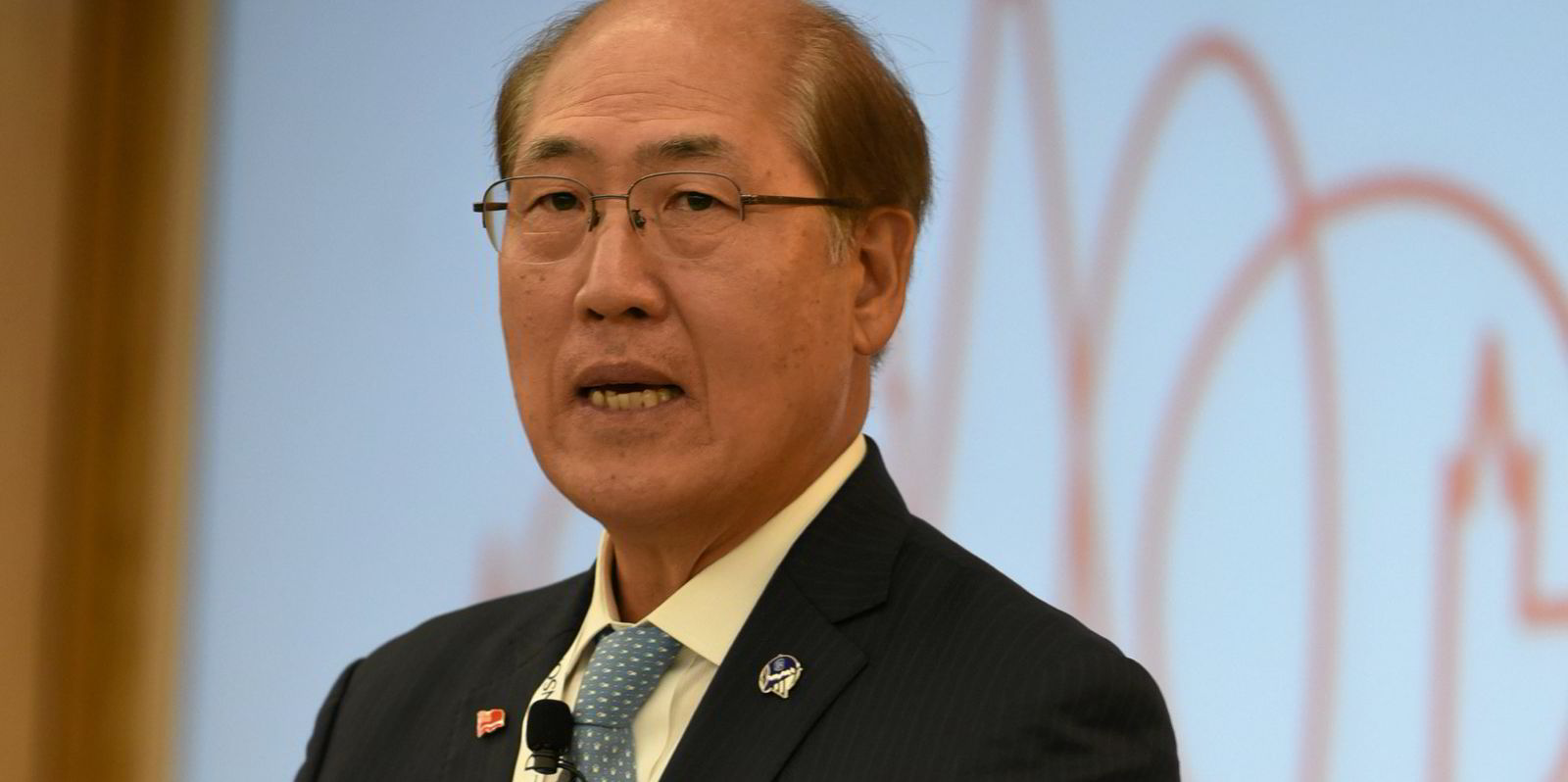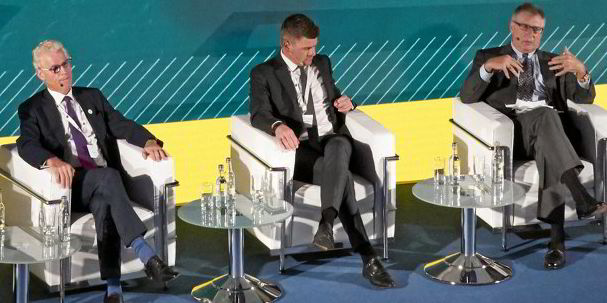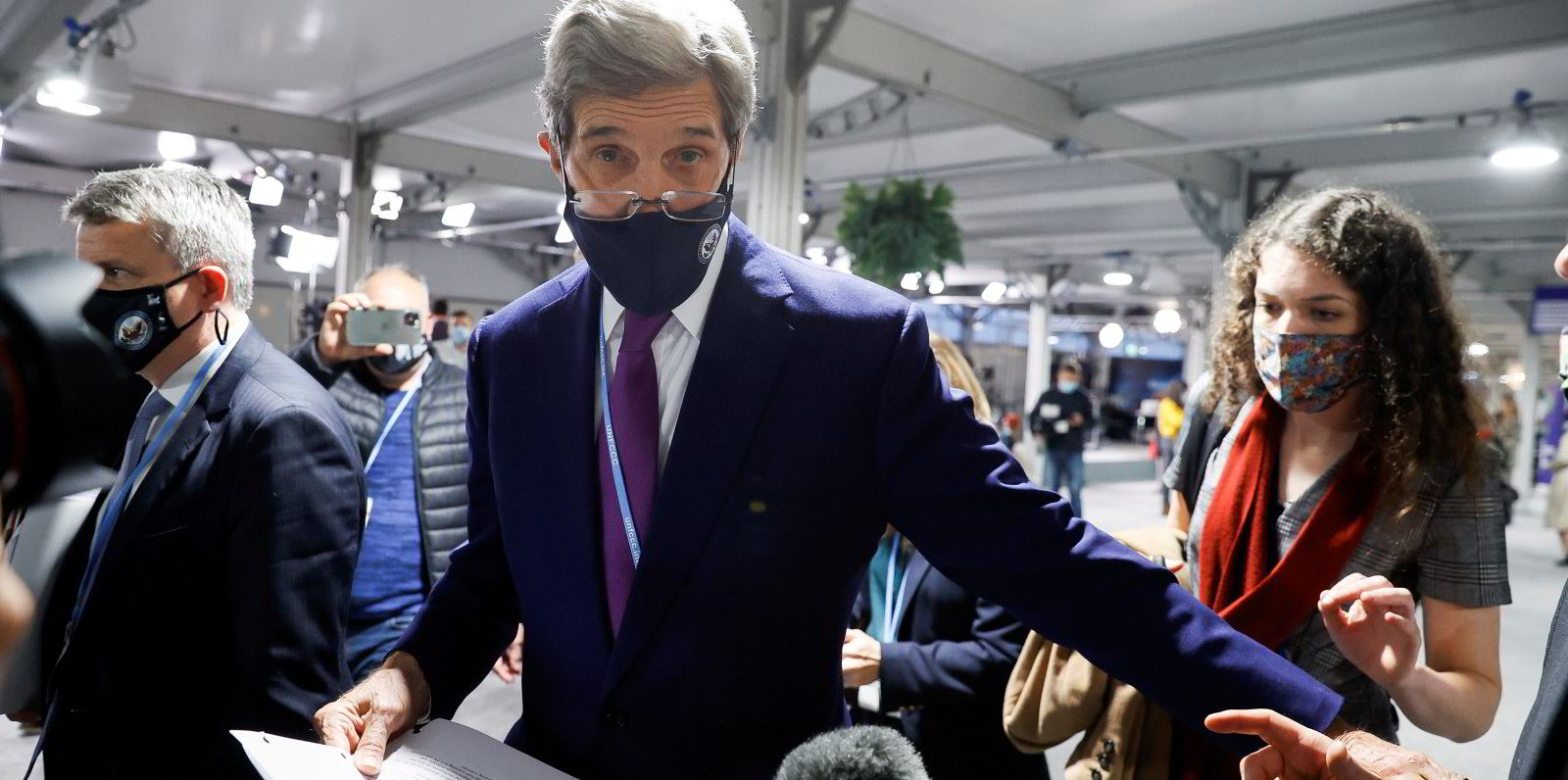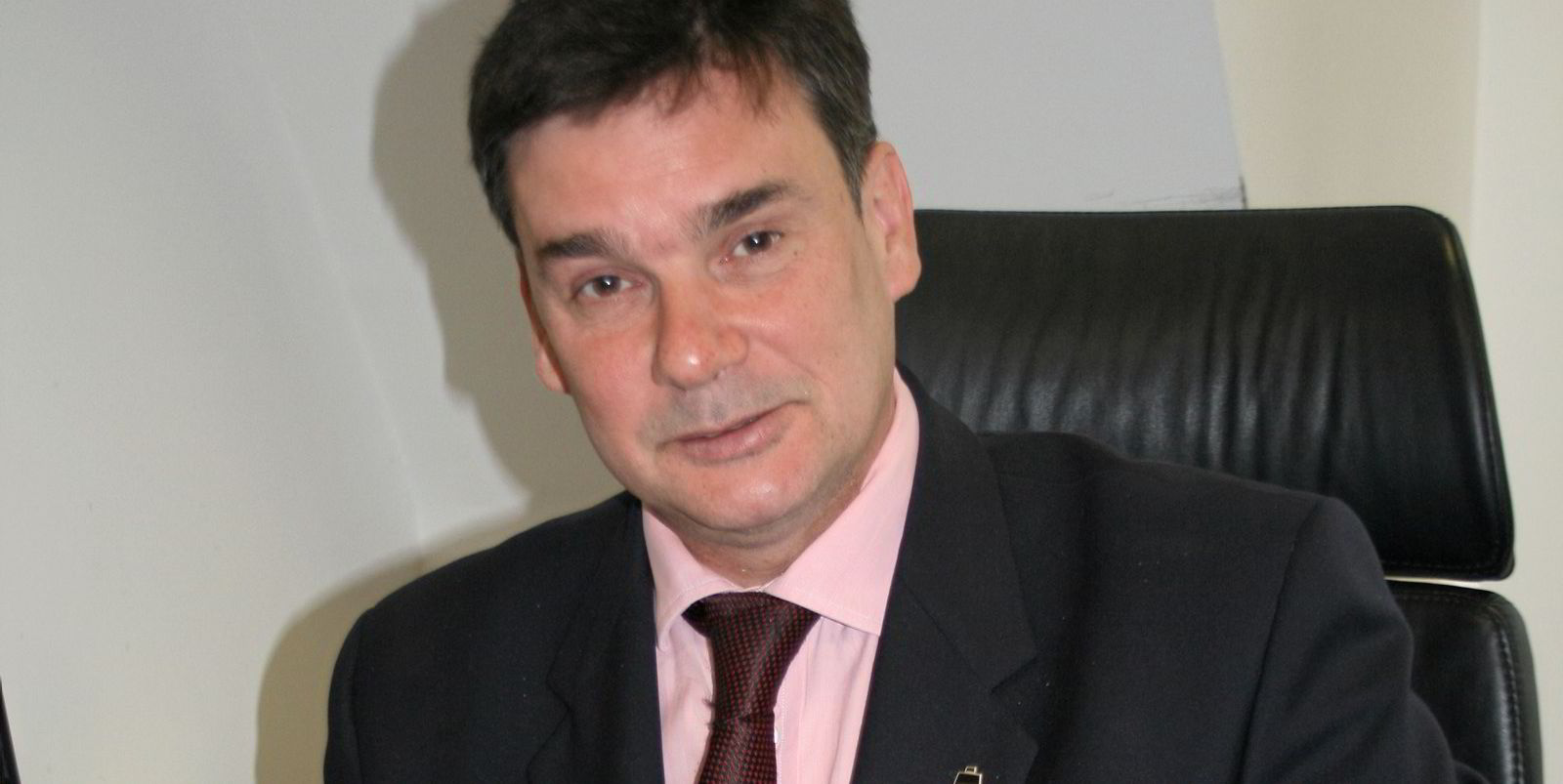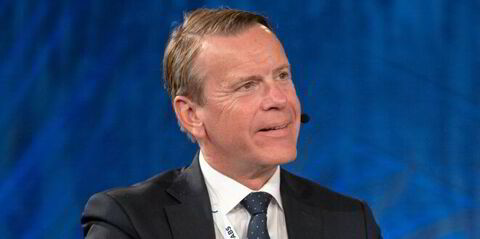For climate campaigner Greta Thunberg, the United Nations' COP26 negotiations are, in her memorable phrase, all "blah, blah, blah". Or as she put it more eloquently last week: "This is now no longer a climate conference, this is now a Global North greenwash festival."
At the other end of the establishment spectrum, Britain's Queen Elizabeth expressed a parallel — if more measured — view of the Glasgow summit: "The time for words has now moved to the time for action."
Everyone agrees talk is cheap, while action is not.
For much of the global shipping industry, significant action on decarbonisation has yet to begin because of the huge practical problem of finding and using carbon-free fuel.
Nevertheless, Glasgow marks a point at which serious talking has begun, and many players agree that is a transformative historic pivot.
Shipping's newfound public engagement with governments and global institutions to call for tougher, clearer rules to address the central issue of our time marks a welcome reversal from the era of climate change denial, industry exceptionalism and secrecy.
It may even be a generational turning point that stimulates change in the industry's approach to many issues not directly related to cutting carbon pollution, from crew employment practices and diversity to client relationships and business models — in fact, to the very structure of the industry itself.
It is a view shared by industry insiders who have had a ringside view of the pace of change since the landmark Paris climate conference in 2015, when the world agreed a legally binding deal to limit global warming to well below 2C, preferably to 1.5C, compared with pre-industrial levels.
'Carbon captive'
Sturla Henriksen, who spent 10 years as the head of the Norwegian Shipowners' Association and is now a special advisor to the UN Global Compact, clearly remembers the approach of shipowners and governments in Paris.
Six years ago, the gospel was that shipping was "carbon captive", he says, with a trade-off foreseen between decarbonisation and growth that neither government nor industry was willing to face.
Shipping worked hard to keep debate out of the public eye, with a "nothing to see here" mantra, while governments decided their energies were better spent elsewhere.
As a result, shipping was ring-fenced from the Paris deal, leaving regulation to the International Maritime Organization, which in 2018 agreed carbon reduction targets that many observers now consider lack ambition and effectiveness.
Fast-forward to the present and the landscape has changed, even in the past few months. The wider world is grappling with the reality that climate change is already accelerating. The UN's "code red" report in August concluded that unless significant carbon cuts are made this decade, change may become irreversible.
That news appears to have reached shipping, finally.
The past few days in Glasgow have seen furious lobbying at public events, in the summit's outer Green Zone and behind the scenes in the inner sanctum of the Blue Zone reserved for governments and selected outsiders.
Arguments are aimed not at the Glasgow process directly, but at governments that will attend the next meeting of the IMO's environment committee this month. Opinions shifted at COP26 will directly influence the debate at the IMO.
Arguments are aimed not at the Glasgow process directly, but at governments who will attend the next meeting of the IMO's environment committee meeting later this month
Shipowners — both some of the biggest individual companies and collectively through the International Chamber of Shipping — are arguing for a significantly tougher carbon reduction target, a carbon tax or US Congress-friendly fuel duty mandate, as well as a $5bn research and development fund paid for by industry.
Contrast today's calls from across the industry for a net-zero carbon target by 2050 with where we were just two years ago.
This shift could also build on newfound collaboration between shipowners and labour unions forged during the efforts to solve the crew exchange crisis that started during the pandemic. Labour and industry leaders talk of a new level of partnership.
While talk suggesting solutions is easy, negotiating a fair and just carbon transition is not. Implementation will be harder still.
As Thunberg told climate protesters in Glasgow: "The leaders are not doing nothing. They are actively creating loopholes and shaping frameworks to benefit themselves and to continue profiting from this destructive system."
Shipping and IMO member nations need not only to talk. They must listen to such criticism and act.

